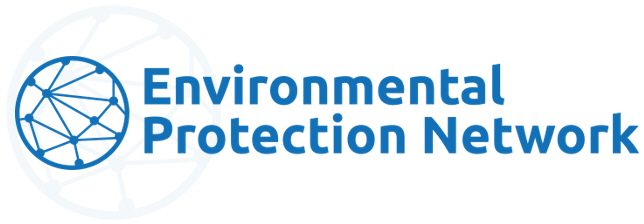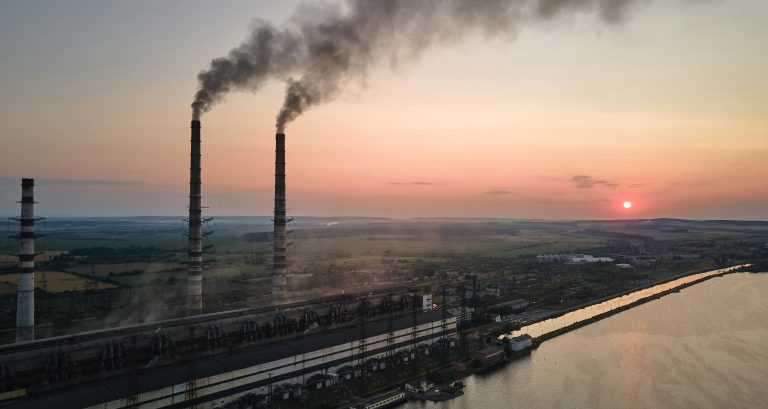On Tuesday, September 2, 2025, the Environmental Protection Network (EPN) submitted comments to the U.S. Department of Energy (DOE) in response to their recent report “A Critical Review of Impacts of Greenhouse Gas Emissions on the U.S. Climate.” EPN believes the report must be retracted immediately. EPN’s analysis shows that the Report provides a biased, incomplete, misleading, and inaccurate characterization of climate science and is an unacceptable scientific basis for regulatory policy. DOE must request that it not be used by the Environmental Protection Agency (EPA) in any official EPA action. If not retracted, major additions to the provided science are necessary, and appropriate implementation of Information Quality Guidelines, including independent and transparent peer review, is needed.
EPN’s comments focus on the points summarized below:
The DOE Report fails to meet OMB, DOE, and EPA Information Quality Standards
The DOE report fails to follow any of the long-standing and well-established processes and practices required by law and that have been followed by DOE, EPA, and other agencies when developing scientific information to support federal decision making. Although the report was published by DOE, to be used in an EPA rulemaking the report is subject to EPA’s information quality guidelines. Under EPA’s guidelines, the report must be considered as a highly influential scientific assessment, and must undergo rigorous, independent, and transparent external peer review and public comment. In addition, the report’s authors collectively have a limited scope of expertise, a narrow range of perspectives, and ignore the vast body of science that contradicts their conclusions.
The science presented in the DOE report is misleading, incomplete, irrelevant, or simply wrong
The DOE report ignores the findings of major climate assessments, including the National Climate Assessment and the Assessment Reports prepared by the Intergovernmental Panel on Climate Change (IPCC). It ignores their conclusions regarding the impacts of climate change on agriculture and misrepresents the projected consequences of climate change on the economy. It relies on simplistic analyses and cherry-picked and incomplete data to draw conclusions that are simply wrong. The report uses studies that have been demonstrated to be in error and ignores the most directly relevant scientific findings that contradict the authors’ preferred conclusions. The report emphasizes historical patterns of change for sea level rise and omits well-understood processes that show how the future will be different from the past, demonstrating a deep misunderstanding of why climate change is an issue of serious concern. The report’s conclusions regarding the benefits of GHG emission reductions from vehicles in the U.S. are misleading, concluding that any action toward reducing emissions from fossil fuel combustion, the main driver of climate change, is futile.
The DOE report tries, but fails, to demonstrate that climate science is uncertain
The nation’s actions to reduce the serious impacts of climate change are based upon a strong scientific foundation. Our understanding of climate science has been openly developed and published in multiple major assessment reports by the IPCC, the U.S. Global Change Research Program (USGCRP), and the National Academies of Sciences, Engineering, and Medicine. Each of these organizations followed practices to ensure the development of high quality scientific information, including broad authorship, independent and rigorous peer review to facilitate objectivity of conclusions, public input, and transparent processes. The DOE report exhibits none of these attributes. It fails to meet the standards of scientific information quality demanded for use in highly impactful federal policies and further fails even to meet the standards of good scientific practice. Where the DOE report succeeds is in demonstrating the stark difference between the high-quality science developed over the past 35 years and the shoddy analyses masquerading as science published in the DOE report.
Read the comments.

